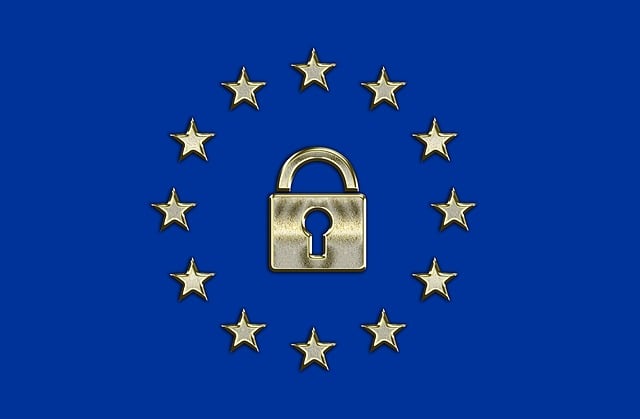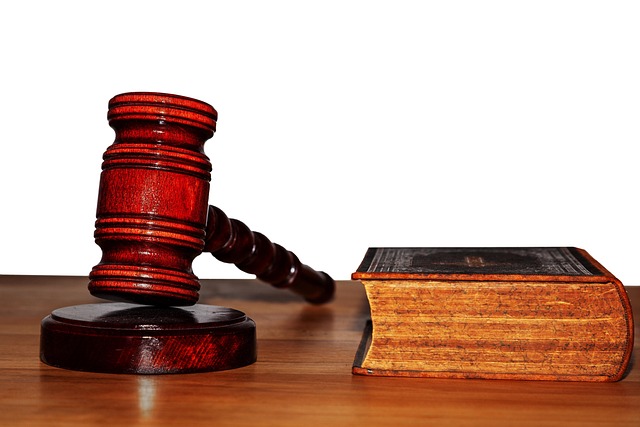Whistleblower Protection Laws shield individuals exposing illegal/unethical activities from retaliation. In Defamation Litigation, successful strategies counter allegations by demonstrating actual malice, initial charge dismissal, and a robust case strategy based on facts, legal precedents, and comprehensive document review. These approaches protect whistleblowers' rights, especially in complex corporate/government misconduct cases, and safeguard clients' reputations & interests.
“Whistleblower protection lawsuits are pivotal in upholding ethical practices within organizations, yet they navigate complex legal landscapes. This article equips readers with successful strategies in defamation litigation, delving into crucial aspects like understanding whistleblower laws, recognizing common defamation claims, and crafting robust case strategies.
We explore effective legal defenses and counterarguments, emphasizing the art of communication for victory. By elucidating these key elements, we aim to empower individuals and advocates navigating this intricate domain.”
- Understanding Whistleblower Protection Laws
- Common Defamation Claims in Litigation
- Building a Solid Case Strategy
- Legal Defense and Counterarguments
- Effective Communication for Victory
Understanding Whistleblower Protection Laws

Whistleblower Protection Laws play a pivotal role in ensuring that individuals who expose illegal or unethical activities within organizations are safeguarded from retaliation. These laws offer a crucial support system for those who dare to speak up against corruption and misconduct, providing them with legal protections and, in some cases, incentives. Understanding these laws is essential for both whistleblowers and legal professionals alike, as they often serve as the backbone of successful strategies in Defamation Litigation.
A robust whistleblower protection regime includes provisions that forbid employers from taking adverse actions against employees who report suspicious activities. This extends to a variety of actions, including termination, demotion, or even harassment. In the context of white-collar defense, these laws are particularly vital as they can make the difference between a winning challenging defense verdict and a detrimental outcome for businesses and their employees. By familiarizing themselves with these protections, legal teams can craft more effective strategies to defend against potential whistleblower lawsuits while ensuring adherence to broader ethical standards.
Common Defamation Claims in Litigation

In whistleblower protection lawsuits, defamation claims are common, often levied against individuals who expose fraudulent or illegal activities within their organizations. These accusations can be particularly damaging, as they can harm a person’s reputation and professional standing. However, successful strategies in defamation litigation exist to counter these allegations. Whistleblowers and their legal representatives must carefully navigate the balance between protecting freedom of speech and addressing false or malicious claims.
One key approach is to demonstrate that the statements were made with actual malice, meaning they were made with knowledge of their falsity or with reckless disregard for the truth. This can be achieved by presenting evidence showing the whistleblower’s motives, the absence of reliable sources, or any attempts to corroborate the allegations before making public disclosures. Additionally, focusing on avoiding indictment and achieving complete dismissal of all charges from the outset can significantly mitigate defamation risks. Such strategies not only strengthen the whistleblower’s legal position but also contribute to a fair and just resolution in high-stakes cases.
Building a Solid Case Strategy

Building a strong case strategy is paramount when navigating whistleblower protection lawsuits, especially in complex scenarios involving corporate and individual clients. Successful strategies in defamation litigation require meticulous planning and a deep understanding of the facts. The initial step involves thoroughly reviewing all relevant documentation to identify key elements that support the whistleblower’s claims. This includes gathering evidence of unethical practices, financial misdeeds, or violations of public policy by the organization in question.
A comprehensive approach should also consider the legal precedents and previous cases involving similar allegations, as this can greatly impact the outcome. For corporate and individual clients facing charges related to white-collar and economic crimes, having a well-crafted strategy is crucial. It may involve negotiating settlements, seeking complete dismissal of all charges, or constructing a defense that showcases the legitimate motives behind the whistleblower’s actions.
Legal Defense and Counterarguments

Whistleblower protection lawsuits are complex legal battles that often involve intricate financial details, sensitive information, and powerful adversaries. In such cases, successful strategies in defamation litigation become paramount for protecting individuals who expose corporate or government misconduct. Legal defense mechanisms play a crucial role in safeguarding whistleblowers from retaliation, ensuring their rights are upheld, and promoting transparency.
One of the primary defenses against potential lawsuits is employing strong legal arguments that counter any accusations of defamation. This involves meticulously reviewing the facts, understanding the context, and presenting evidence to demonstrate that the disclosure of information was not malicious but in the public interest. For his clients facing white-collar and economic crimes allegations, attorneys can leverage successful strategies in defamation litigation by emphasizing the importance of exposing fraudulent activities, thereby serving as a safeguard for corporate and individual clients alike.
Effective Communication for Victory

Effective communication is a cornerstone for achieving victory in whistleblower protection lawsuits, particularly when navigating complex cases involving white-collar and economic crimes. Successful strategies in defamation litigation demand a clear and compelling narrative that not only challenges the accuser’s claims but also builds trust with both corporate and individual clients. It requires crafting narratives that resonate with jurors or judges, especially when dealing with sensitive issues that could impact reputations and financial stability.
A key aspect of this process involves meticulous preparation to counter allegations by presenting robust defenses. This includes thoroughly reviewing and analyzing evidence, identifying potential loopholes in the accuser’s story, and employing expert witnesses who can provide insights into the nature of white-collar crimes. By leveraging these successful strategies in defamation litigation, corporate and individual clients have a stronger chance of securing winning challenging defense verdicts, ultimately protecting their reputations and interests.
Whistleblower protection lawsuits require a strategic approach, especially when facing defamation claims. By understanding the legal framework, identifying common pitfalls like defamation, and employing solid case strategies, individuals can effectively communicate their truth. Through robust legal defense and well-crafted counterarguments, whistleblowers can navigate these complex cases successfully, ensuring their voices are heard without succumbing to false accusations. Embracing successful strategies in defamation litigation is crucial for upholding integrity and justice.






